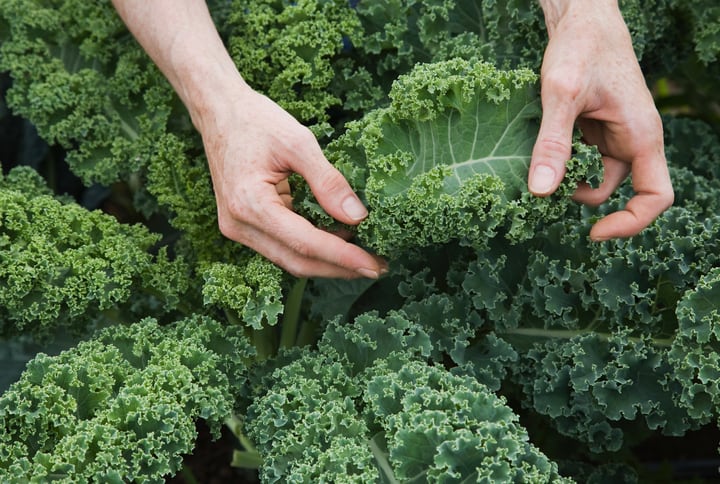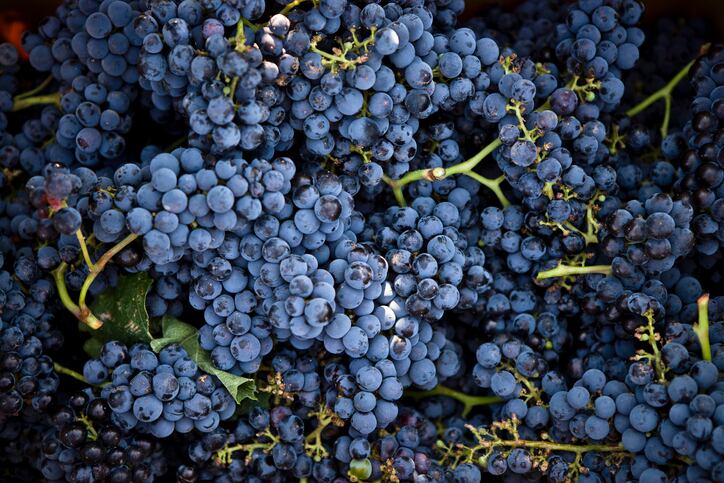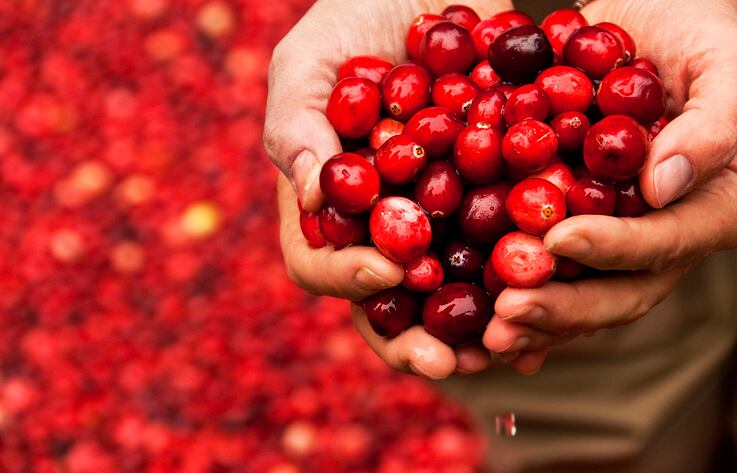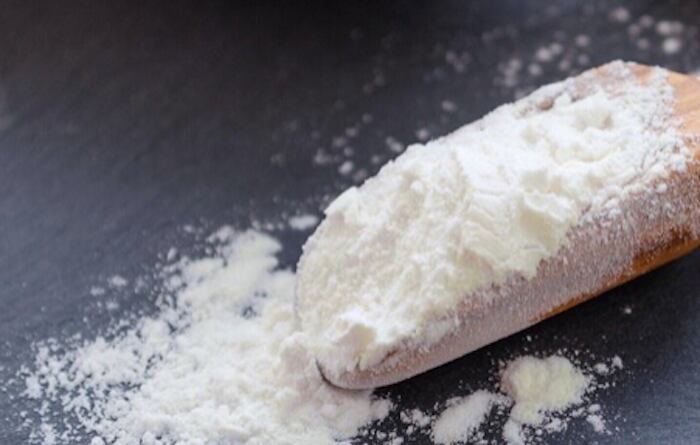The new research was published in the Journal of Nutritional Biochemistry. The research was the work of a team of researchers from two institutions, one Beijing and the other in Tokyo.
Kaempferol is a flavonol, a type of flavonoid, identified in a wide variety of dietary sources such as kale, beans, tea, spinach and broccoli. According to Merriam-Webster, the molecule was named after eighteenth century German physician and naturalist Engelbert Kaempfer.
Shifting from systemic antioxidant to prebiotic effects
Earlier studies on kaempferol had focused on its antioxidant properties. But, like other poorly soluble and poorly absorbed polyphenol antioxidants, the focus has shifted more recently to what happens when these molecules make their way to the colon.
In this most recent study, the researchers had a goal of determining what effects kaempferol had in an animal model of obesity. The researchers looked into intestinal inflammation and gut microbial balance.
While adipose tissue and fatty liver tissue are thought to be the prime drivers of inflammation in obesity, the researchers noted that,“findings made in a murine model of high fat diet (HFD)-induced obesity, have highlighted an increase in intestinal permeability, secondary to an impairment of the enteric epithelial barrier, and the presence of inflammation in the digestive tract” as characteristic of this condition.
To test whether kaempferol could be of benefit, the researchers set up an experimental design in which 22 eight-week-old male mice were divided into three groups. One six-member group was fed a normal diet, while the other two eight-member groups were fed a high fat diet with and without the addition of kaempferol. The kaempferol dosage was presented in the feed at a 0.1% inclusion rate.
The mice were fed the various diets for 16 weeks and then euthanized. Blood was drawn before the procedure. During the 15th week, an oral glucose tolerance test was performed after the mice fasted overnight and then were fed an oral load of a 50% glucose solution. Gut permeability was measured similarly while the mice were still alive.
Kaempferol cut weight gain, inflammation; preserved microbiota balance
The mice were regularly weighed throughout the experiment, and other measures of fat amounts and adipocyte size were made via post mortem examinations of preserved tissue. Microbiota makeup was done via conventional stool sample analysis.
The researchers found that the high fat plus kaempferol (HFK) group showed improved the intestinal barrier function as compared to the high fat group (HF). In addition, the HFK group gained significantly less weight than did the HF group and performed better in the glucose test.
In terms of the microbiota makeup, the HFK group did not show the phylum shift away from Bacteroidetes toward Firmicutes that was seen in the HF group.
“In conclusion, our results suggest that kaempferol exerts its protective effect on HFD-induced obesity by means of integrative responses involving its anti-inflammatory and prebiotic capacities. Furthermore, the modulatory activity of kaempferol may be mediated by TLR4/NF-κB pathway. Although we identified specific intestinal inflammation/microbiota pathways relative to kaempferol-mediated attenuation of obesity, the present study was limited to correlation analyses that cannot establish causality. Thus, further investigations to establish the precise molecular mechanisms implicated are necessary,” the authors wrote.
Source: Journal of Nutritional Biochemistry
https://doi.org/10.1016/j.jnutbio.2021.108840
Kaempferol Reduces Obesity, Prevents Intestinal Inflammation, and Modulates Gut Microbiota in High-fat Diet Mice: Kaempferol reduce inflammation and dysbacteria
Authors: Bian Y, et al.




